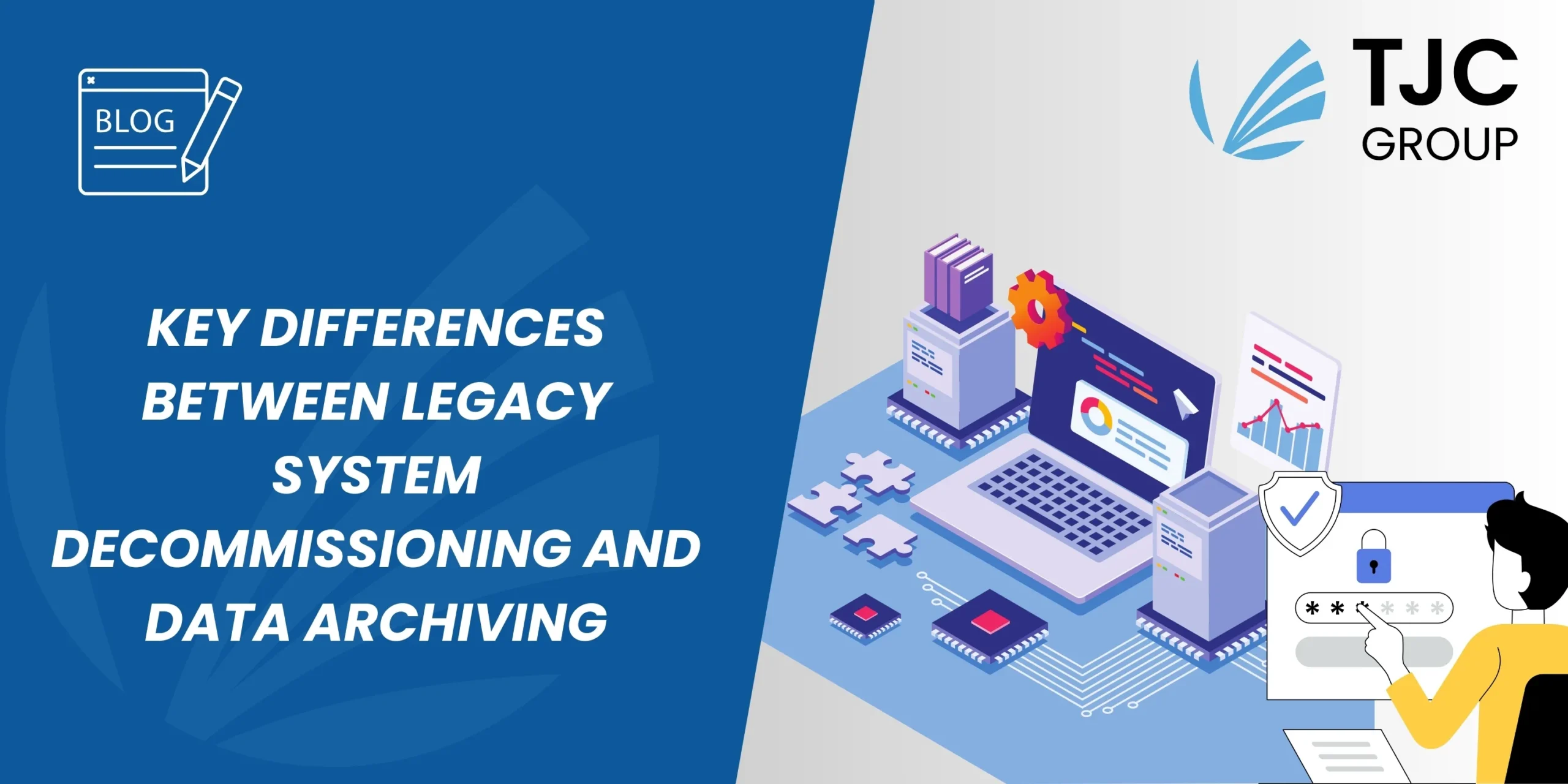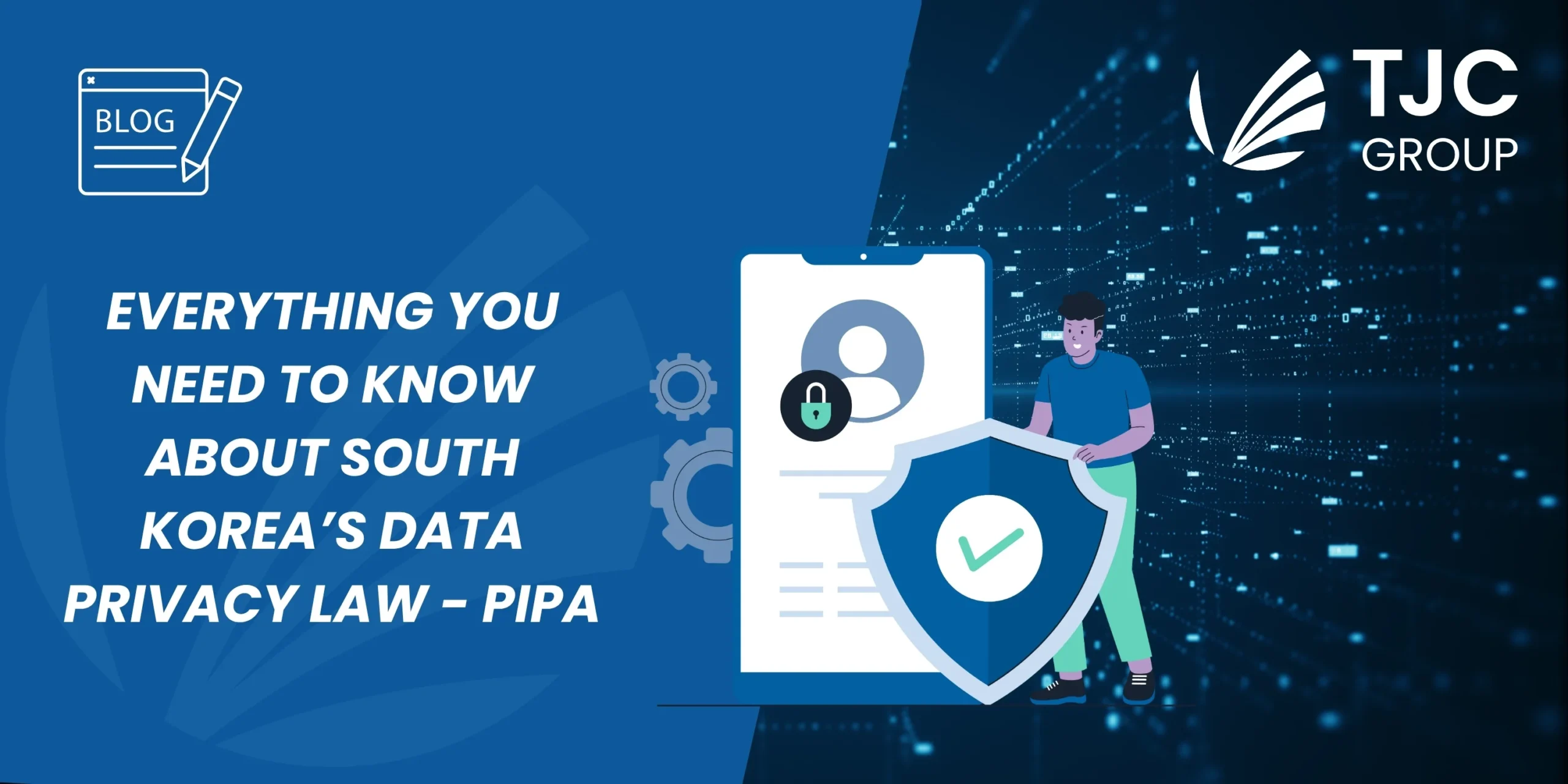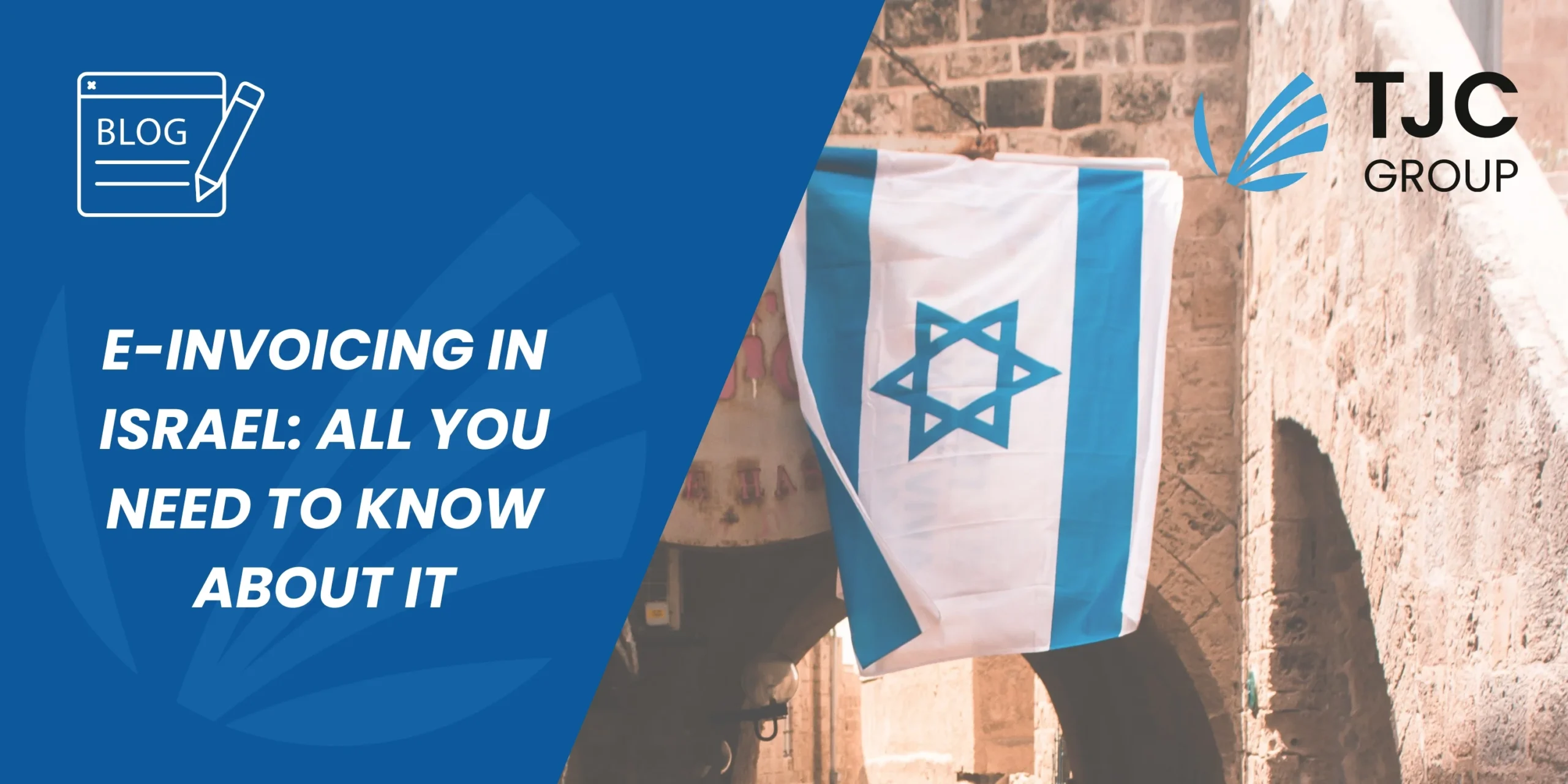Author : Mélissa Oktay, SAP Finance Consultant at TJC Group
You surely heard about “Name and Shame”, don’t you? We are talking about a practice coming from Anglo-Saxon countries that French public administrations are integrating more and more.
In September 2023 – and for the first time since the vote on the law of October 2018 to fight tax fraud, the “Direction générale des finances publiques” (DGFIP – Directorate General of Public Finance) of France made public – on impots.gouv.fr, its website – the sanctions that can apply after a tax audit regarding VAT adjustment in the case of a company involved in a security activity.
The “Direction générale de la concurrence, de la consommation et de la répression des fraudes” (DGCCRF – Directorate General of Competition, Consumer Affairs and Fraud Control) uses it more frequently to publish on its website the identity of sanctioned companies or personalities. Thus, the DGCCRF cites the administrative sanctions taken against them, such as those denouncing the deceptive commercial practices of certain influencers in 2023 or by communicating about injunctions (administrative police measures which allow the administration to demand compliance in a defined period) against companies customary in late payment of their suppliers, anti-competitive practices or even misleading or illicit commercial practices.
In June 2023, the threat of “Name and Shame” was used by the Minister of Economy, Bruno Le Maire, to denounce agri-food manufacturers who would not play the game of lowering prices. This threat is ultimately no longer relevant.
Let’s also mention the formal notices from the CNIL (the “Commission Nationale Informatique et Libertés” or National Commission for Information Technology and Liberties) that have been made public – for non-compliance with the GDPR. As a reminder, the GDPR/General Data Protection Regulation came into force in 2018 to better regulate the processing of personal data.
The purpose of the “Name and Shame” process is to inform consumers and businesses, to alert them to questionable or even fraudulent practices of certain economic agents and thus prevent these actions and change behaviours.
The number one purpose of this practice is not to harm the brand image or the reputation of the targeted company, but rather to lead these economic agents to adopt good practices and to be in compliance with legal and/or fiscal expectations. But pointing the finger at an actor not only damages its reputation; it also has a certain dissuasive aspect, to which the companies concerned are more sensitive to than to a financial sanction.
At a time when information circulates on the web at lightning speed via numerous websites and social networks, and can go viral, it is essential for companies to adopt good practices, and to put in place actions so that these companies are protected from this threat.
Having some doubts? Questions? Don’t hesitate to contact us: we’ll be happy to advise you, support you, and help you implement the solution that suits you in terms of production of legal and financial reporting, analysis of your data (transactional, basic data), and compliance with the GDPR.
Further references:
- You can find the text of LAW No. 2018-898 of October 23, 2018 relating to the fight against fraud here: https://www.legifrance.gouv.fr/jorf/id/JORFTEXT000037518803/
- Want to know more about the enhanced advertising possibilities for DGCCRF injunctive measures? Here you go: https://www.economie.gouv.fr/files/files/directions_services/dgccrf/presse/communique/2022/CP_publicite_injonctionDGCCRF.pdf?v=1673272165
- Want to know more about the GPRD? Click in here:
https://www.cnil.fr/fr/rgpd-de-quoi-parle-t-on
https://www.economie.gouv.fr/entreprises/reglement-general-protection-donnees-rgpd#Definition_RGPD









